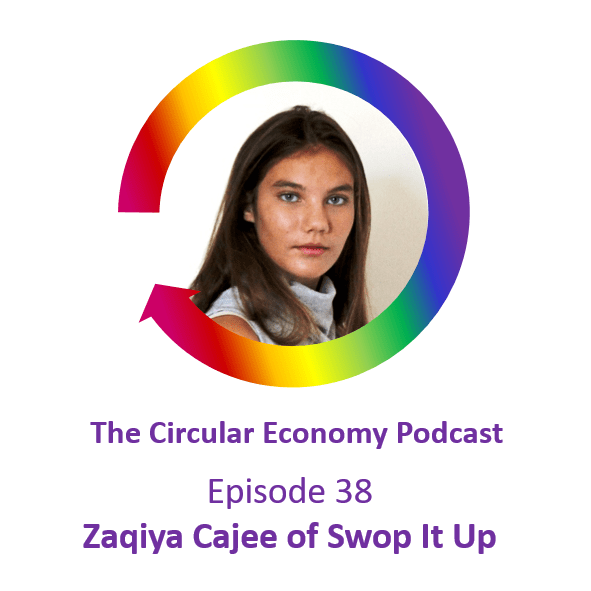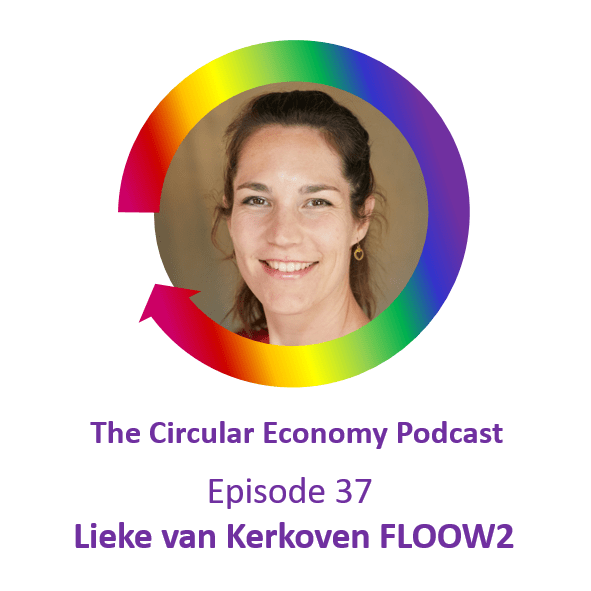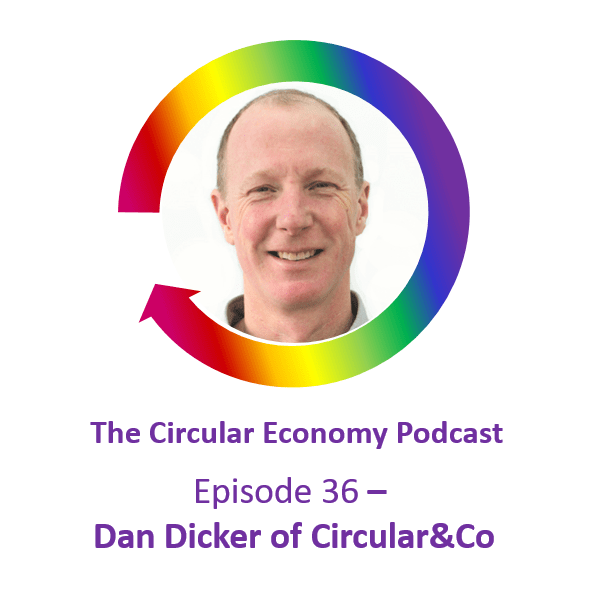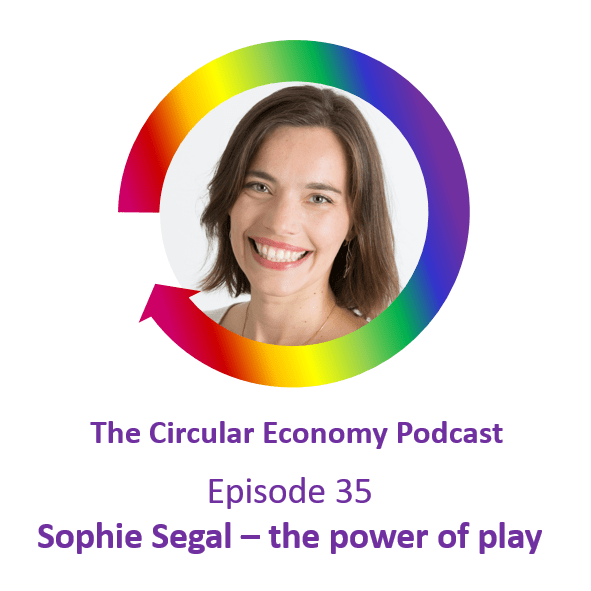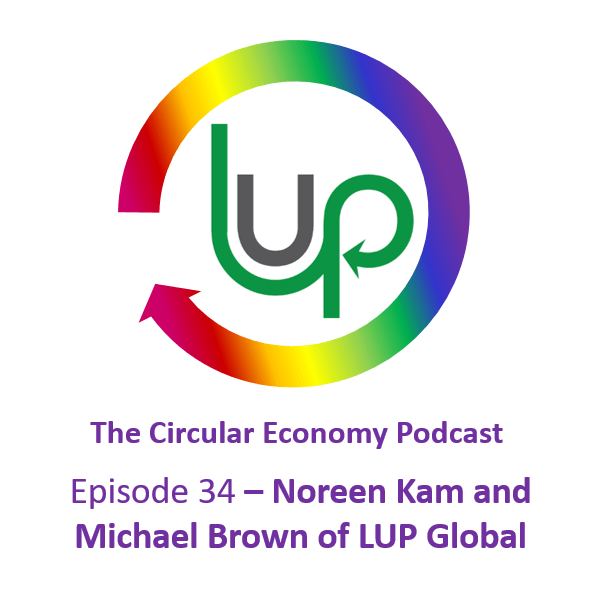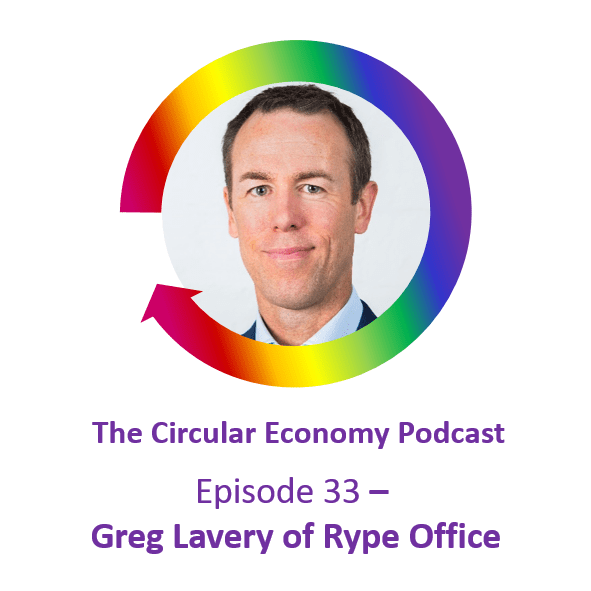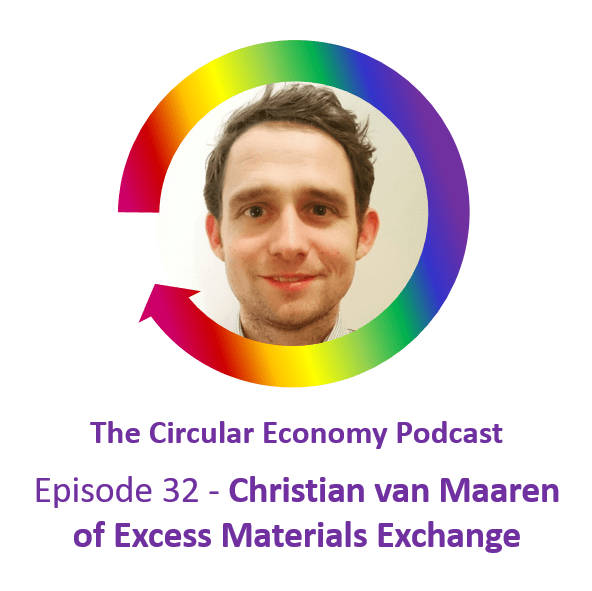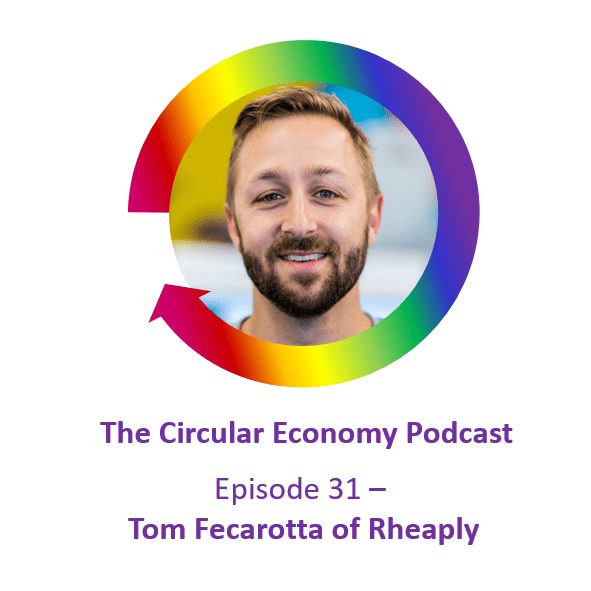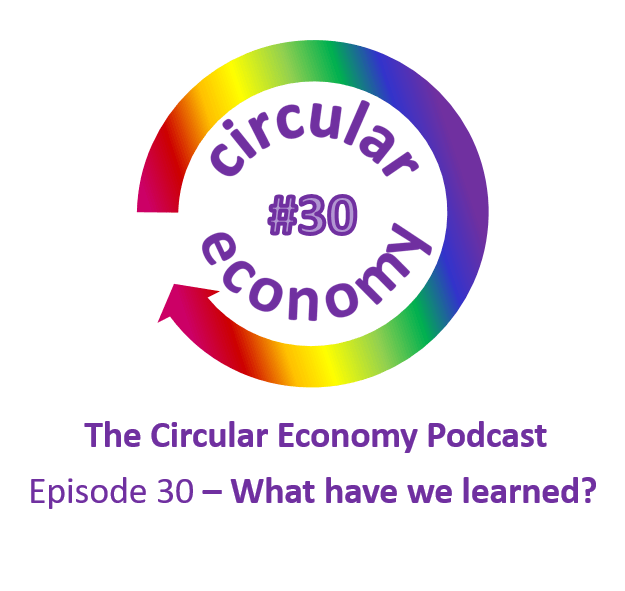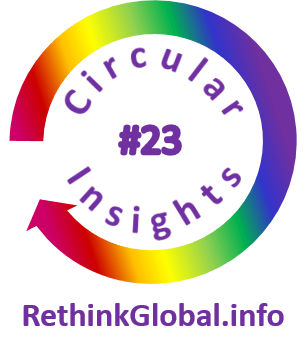Episode 38 – Zaqiya Cajee of SwopItup
Zaqiya Cajee is a young entrepreneur in the UK who has set up a not-for-profit scheme. SwopItUp helps young people to swap their fashionable clothes, so they can experiment with different trends, colours, shapes and so on, without being part of the throwaway culture – and save money!
We’ll hear how SwopItUp is developing technology to engage users and to help overcome the challenges of distancing during lockdow, to reduce the risk of the virus spreading via the clothes, and to track and analyse swapping trends.
